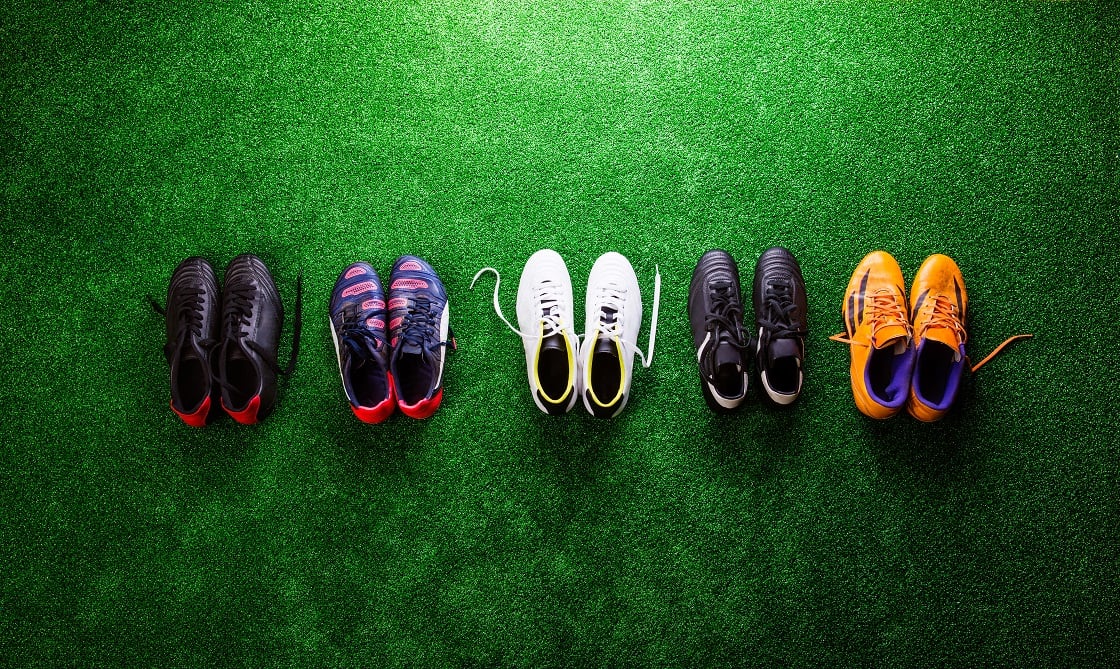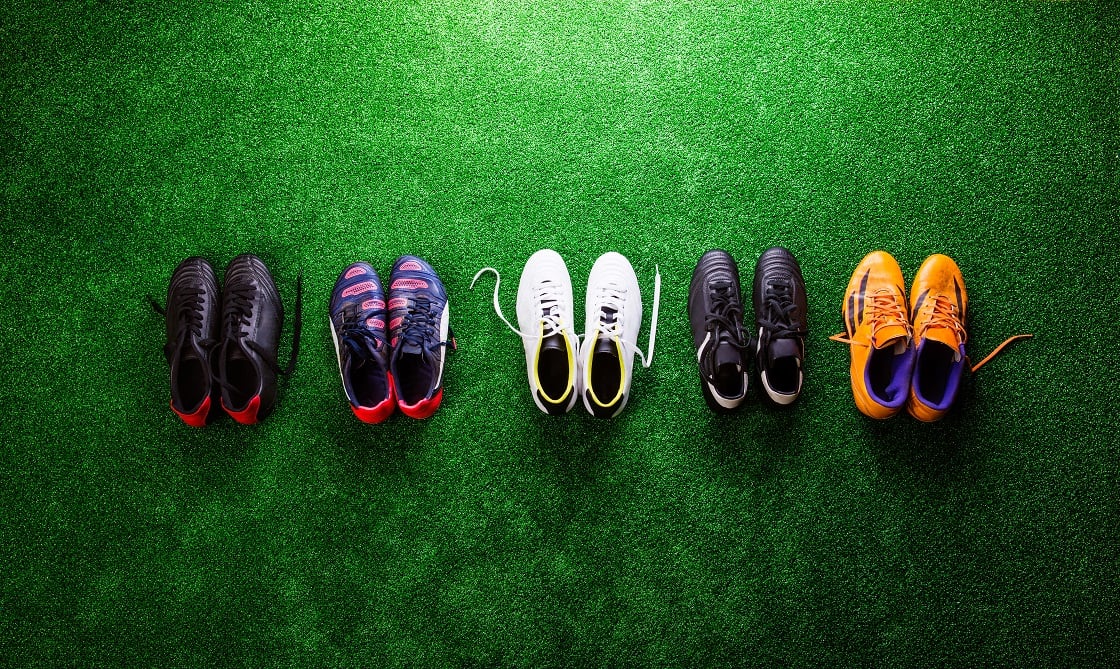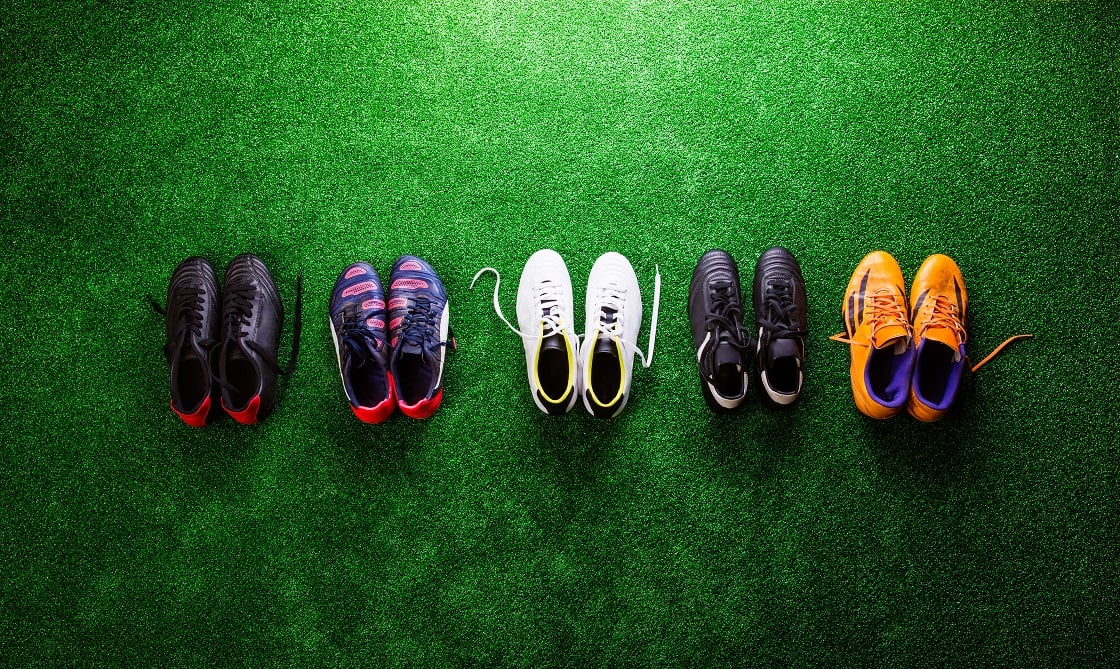Manchester United (MANU +0.00%) has been weak in the field and in the stock market this year. On the field, the Premier League soccer team had a slow start to the season after last year's seventh-place finish. The stock is up slightly in 2014, but it is down 6% over the last 12 months. One billionaire fund manager has raised his stake in the team even as the majority owners of Manchester United lower theirs. Read on to find out why Ron Baron is betting big on Manchester United.

Source: Manchester United.
Baron is CEO, CIO, and portfolio manager of Baron Funds and Baron Capital Management. He is a noted growth fund manager whose Baron Growth Fund has returned cumulative average growth of 13.7% since its inception in 1994. The people at Baron Funds are long-term buy-and-hold growth investors with an average holding period of seven years.
According to the firm, Baron invests in businesses with business models that can't be challenged and that feature big growth opportunities while having a value-oriented purchase discipline based on what they believe the company can earn over the next three to five years. His philosophy also stresses thinking long term and investing in management teams with integrity and similar long-term mind-sets; this is encompassed in his firm's mission statement: "we invest in people." Finally, Baron Capital emphasizes exhaustive research to understand businesses, management teams, and industries, and to manage risk.
A few weeks ago, Baron Capital Group revealed that it had upped its stake in Manchester United to 15,026,190 shares. That's 37.8% of Manchester United's publicly traded shares, or 9.2% of the company overall. Currently the company has 39,777,957 Class A shares, which each get one vote and are publicly traded. Another 124,000,000 Class B shares are not publicly traded and carry 10 votes each. So why has Ron Baron bought so much of Manchester United? Based on his investment philosophy, I believe three things attract him to the company.
1. "We invest in people"
The Glazer family has owned Manchester United since 2005. Most of its ownership is held by a holding company called Red Football, though various family members have stakes held in irrevocable trusts. The Glazers own 124,000,000 Class B shares and 11,000,000 Class A shares, leaving the family with majority control, 82% of the economic rights, and 97.7% of the voting rights. How has the family done as stewards of the company?
The family had it relatively easy on the field for a few years as legendary manager Alex Ferguson led the team until the end of the 2012-2013 season. From 2005 he led the team to at least a top three finish every year, including four Premier League titles, a league cup win, and a title and two second-place finishes in the Champions League. After Ferguson's retirement, last season Manchester United hired David Moyes, who was sacked after he led the team to a seventh-place finish, missing out on qualification for European competition. The club has now invested considerable sums in players and a new coach to resume its winning ways.

Source: Manchester United.
The Glazers have done this by using Manchester United's strong brand to their advantage, which brings me to the second reason Baron is betting big on Manchester United.
2. "Business models that can't be challenged"
Soccer is unquestionably the most popular sport in the world. Manchester United claims it is the most-watched sports team in the world, with an estimated average live audience of 47 million people per game and a total of 659 million fans globally.
Manchester United is using that fan base to reap the largest sponsorship and licensing deals the world has ever seen. Beginning this season,General Motors' (GM +0.26%) Chevrolet is paying $70 million annually through 2021 to be the team's jersey sponsor. That's well over double the price some of the world's other most popular soccer teams are getting from their shirt sponsors.

Source: Manchester United.
This year, Manchester United also signed a 10-year deal with Adidas, starting at the end of this season, to handle the team's wholesale retail, merchandising, apparel, and product licensing. The contract stipulates that Adidas will pay Manchester United a minimum 750 million pounds over the life of the contract. At current exchange rates that is over $1 billion over 10 years, a price that was too high for current kit sponsor Nike (NKE +0.08%) to accept.

Source: Manchester United.
The deal also stipulates that Manchester United will retain rights to its own retail stores, e-commerce site, monobranded products, and soccer camps.
3. Big growth opportunities
One key reason that cable cord cutting has not become a bigger trend is live events and sports programming. The value of sports content is high and rising. For instance, ESPN costs your cable provider 40 times as much as the average cable channel to provide to you. The value of contracts to broadcast the Premier League and Champions League are on the rise, and are expected to rise further after the current deals lapse in 2016 and 2018.

Source: Manchester United.
With the number of people watching soccer continuing to grow, especially in the U.S., the clubs that will benefit from the increased viewership the most are those with the strongest performance on and off the field. There's a virtuous cycle as the clubs with the best off the field performance can invest in better players, enabling the club to perform well on the field, and bringing in a disproportionate number of new fans as more people start following the sport.
As long as Manchester United can resume its winning ways, the club's off-field financial performance should reward shareholders for years to come.








